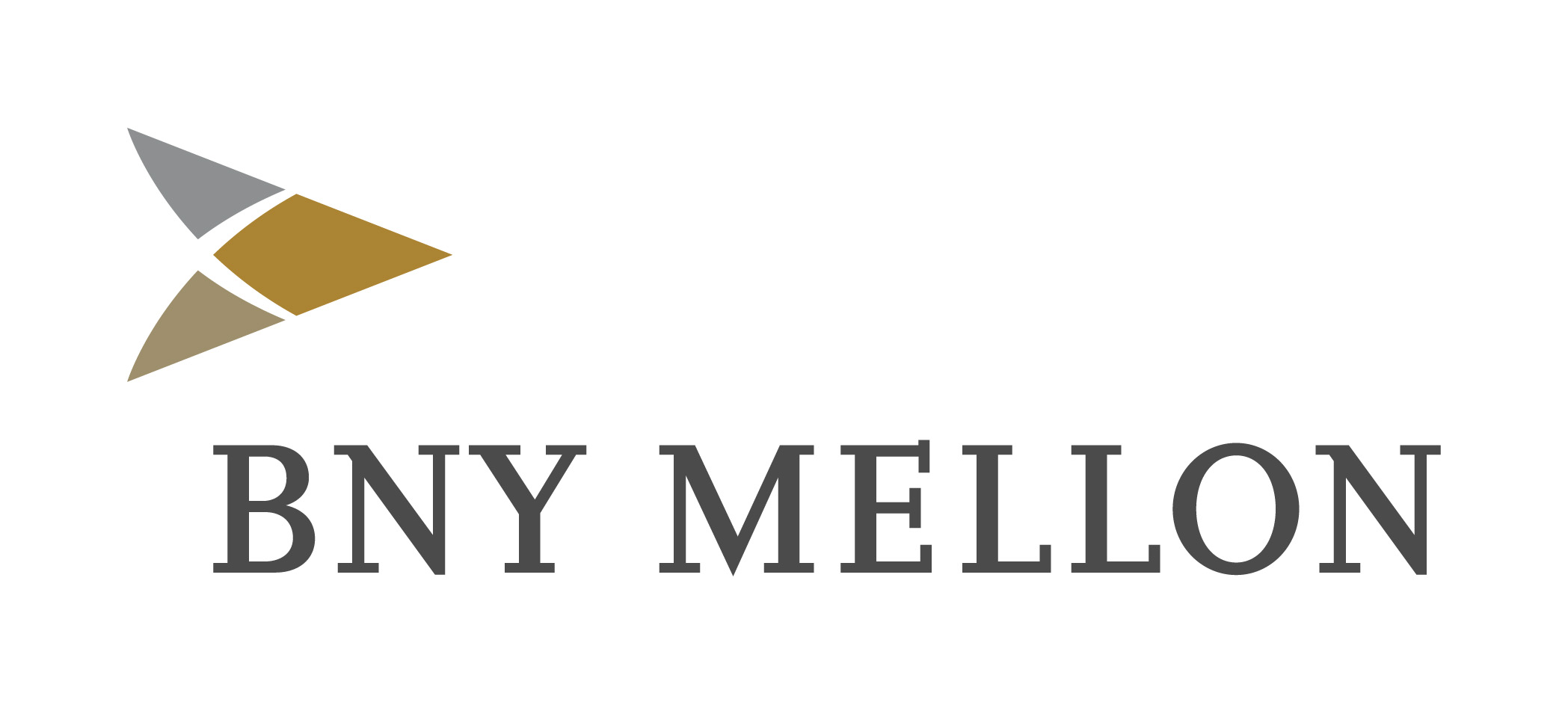BNY Mellon Live@ Wharton: The Story Behind Social Finance

Social impact industry leaders from a range of organizations – including Bank of America Merrill Lynch, MIT, The Cordes Foundation and The Kitchen – took the stage in front of more than 200 attendees at the recent Wharton Social Impact Conference to talk about running a successful, sustainable business, while generating positive social impact.
Anna Kearney, associate director of social finance at BNY Mellon, shared the story behind BNY Mellon’s social finance initiative in a three minute “lightning pitch.” Opening with the question, “What will BNY Mellon stand for as the investments company for the world,” Kearney discussed the company’s desire to advance its approach to corporate social responsibility from a focus on protection from potential negative impacts to truly adding positive value. Looking across the organization, she noted that they saw the beginnings of investor demand for products and solutions that included both financial and positive social and environmental impact – what BNY Mellon now calls social finance.
Kearney spoke about BNY Mellon’s work to get the industry talking, and to get issuers and investors more comfortable with what social finance means. The field has significant potential, but barriers remain to it reaching scale. Other speakers echoed the sentiment, including Ron Cordes, co-founder of the Cordes Foundation. He noted that more financial advisors aren’t talking about impact investing because they lack voice, products and infrastructure.
Kearney emphasized that the investment industry alone isn’t the solution. She encouraged the attendees to be vocal about their values and expectations from their employers, investments and institutions. Several other emerging trends were highlighted throughout the day, including the need for:
- Social impact organizations and their investors to be transparent with regards to goals, and ensure they are working towards the same mission. Investors – particularly millennial investors – want to see their values reflected in their portfolios.
- Organizations to dually optimize for income generation and positive social impact, a deviation from traditionally optimizing for just financial impact.
- Standardized measurement of social impact and the power of investing to drive change.
- Organizations to become familiar with and know the community they are aiming to help. Innovation originates from empathy
For more on social finance, visit www.bnymellon.com/socialfinance.

